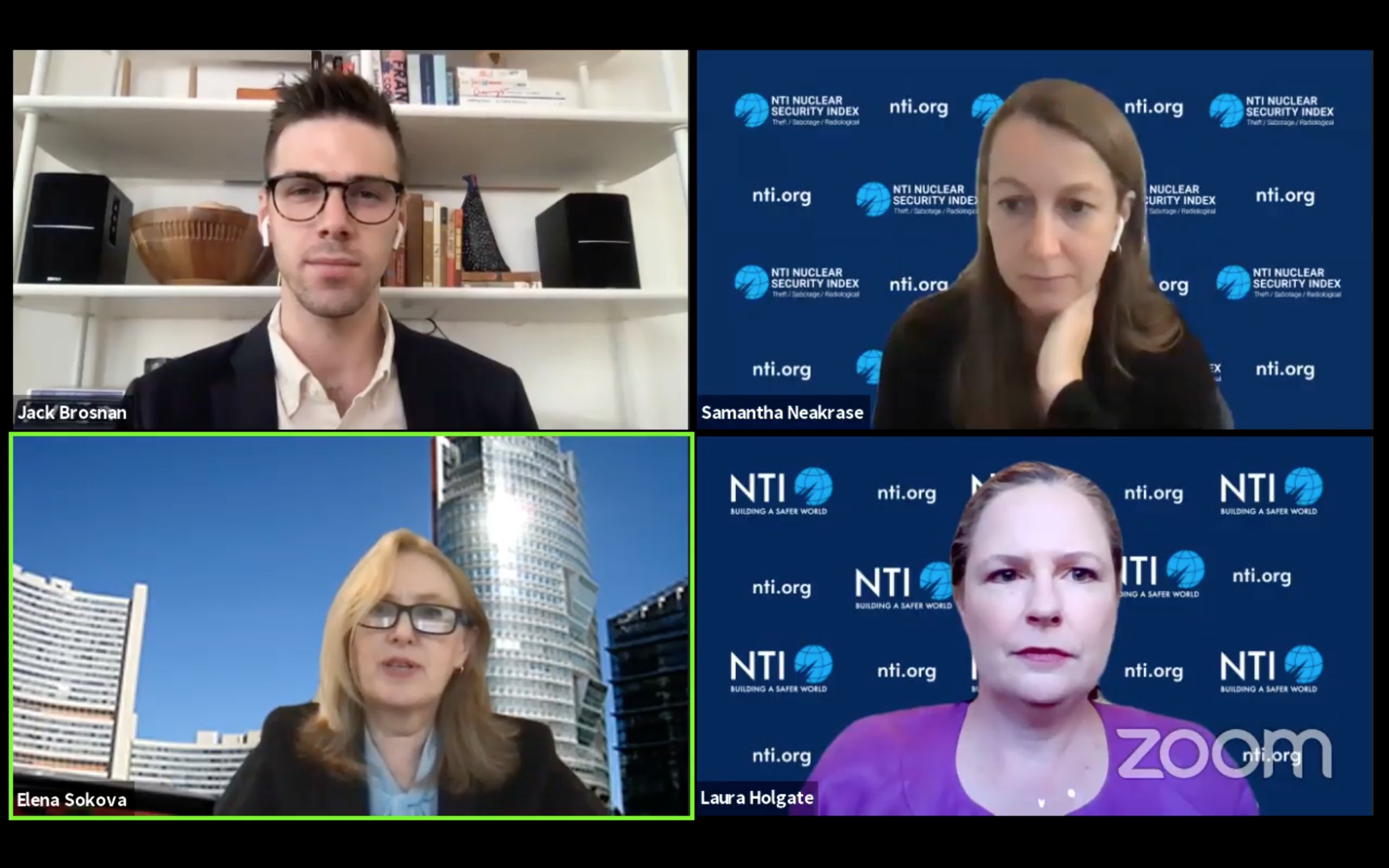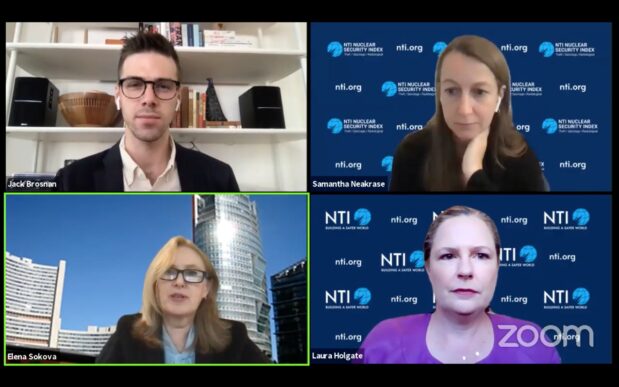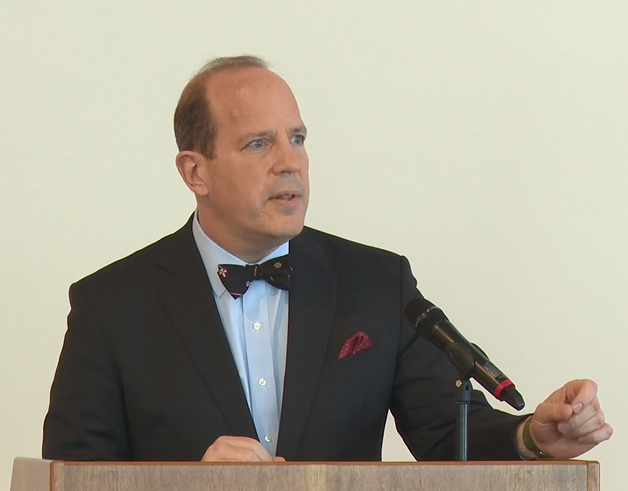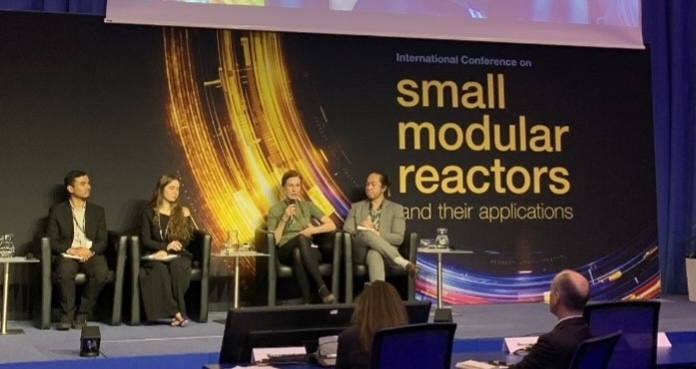
On 19 September 2018 the VCDNP and the Nuclear Threat Initiative (NTI) held a webinar on the 2020 NTI Nuclear Security Index. Three speakers from NTI – Ambassador Laura Holgate (ret.), Vice President for Materials Risk Management; Samantha Neakrase, Senior Director for Materials Risk Management; and Jack Brosnan, Program Officer for Materials Risk Management – discussed the results and recommendations of the Index and its relevance to Vienna-related issues, such as strengthening the global nuclear security architecture. The webinar was moderated by VCDNP Executive Director Elena Sokova.

The Index tracks country-level progress on nuclear security. It also recommends actions for governments to secure nuclear materials and facilities against theft and sabotage and to strengthen the global nuclear security architecture. Developed with the Economist Intelligence Unit and informed by an international panel of respected nuclear security experts, the NTI Index has been released biennially since 2012.
For the first time, this year’s edition contains a separate assessment, without scoring or ranking countries, of radiological security policies, commitments and actions taken by 176 countries. The assessment has revealed the weakness of the international architecture for radiological security based on low numbers of adherence to relevant international agreements and initiatives. In addition, many countries do not have adequate regulatory frameworks for regulating radioactive sources or have not made commitments to replace the most dangerous type of sources with alternative technology in a sustainable manner.
The speakers mentioned three areas of concern revealed by the 2020 Index. First, due to the absence of high-level political attention, such as the momentum generated through the Nuclear Security Summits, nuclear security is no longer in the spotlight. Hence the lack of significant progress and the decline in the number of countries that have improved their score in the Index. It was thus recommended that countries strengthen and sustain political attention on nuclear security by, for example, sending high-level delegations to the International Conference on Nuclear Security (ICONS) or using 2021 review conference for the amended Convention on the Physical Protection of Nuclear Materials (CPPNM) to highlight progress and pledges on nuclear security.
The second concern is a gap between the scope of domestic nuclear security regulations and modern challenges, such as cybersecurity, insider threat prevention and security culture. While it is indisputable that every country with weapons-usable nuclear materials and nuclear facilities needs strong regulations, special attention is needed in countries that are interested in acquiring nuclear technology for research or energy purposes.
The speakers then provided a detailed analysis of major concerns related to the global nuclear security architecture. The following four areas were discussed:
A recording of the webinar is available below.

